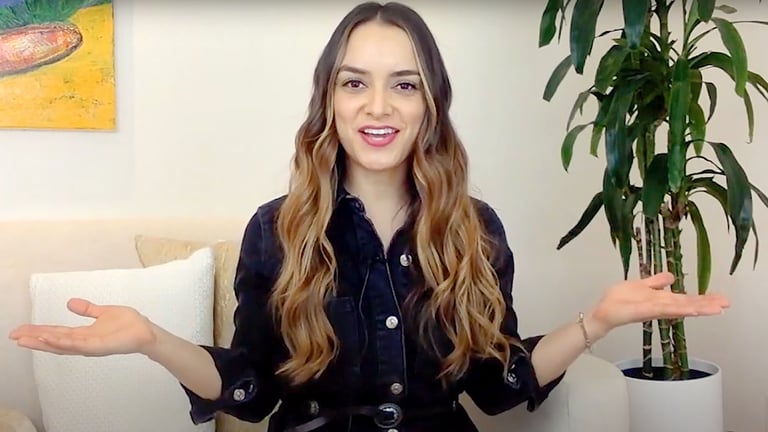
In times of economic uncertainty, it’s natural to question whether the stock market is the best place for you to invest or if your cash is safer under your mattress.
Let’s take a look at why it’s important to continue investing in your 401(k) - even in a volatile market.
Highlights:
- What to do with your 401(k) in a volatile market?
- What if your company reduces or eliminates their 401(k) match?
- What if you’re close to retirement?
In the past few months, one of the most asked questions I’ve received is whether or not to continue investing in a 401(k) during a pandemic. The short answer is yes—your 401(k) is earmarked to save for retirement and chances are, no matter what the stock market is doing, you still need to contribute toward your retirement goal in order to reach it.
Now when you work with a financial advisor and invest in a diversified portfolio, you typically have a portfolio of long-term investments. The primary benefit of recurring deposits into these long-term investments is compounded interest over time.
More so, if you—or your financial advisor—is leveraging a dollar cost averaging strategy, you might be able to further reduce the impact of volatility on the overall purchase. What exactly does this mean?
Basically, it means you pre-determine a contribution amount for your 401(k) and every month you invest with that same amount, regardless of how the market is performing. This type of investment strategy seeks to neutralize short-term volatility in the market. In the long-run, your average share price is below the mean, which is exactly what you want to build wealth over a long period of time.
Now your next question might be, “what if my company reduces or eliminates their 401(k) match benefit? Should I continue contributing to my retirement savings account?”
My answer still remains the same - yes, keep investing. Chances are your retirement account still needs funding, so your savings goals remain the same. With or without an employer match, you want to keep contributing to your 401(k).
If your financial situation has changed and you need to make some updates to your future savings plan, a smart strategy is to lower your contribution amount for the short-term and increase it back to the original amount (or higher) once you’re able to. This might require you to rerun the projections for your retirement goal to ensure that you're able to retire as planned.
Now if you’re close to retirement and wondering if these strategies apply to your 401(k) plans as well—my best advice is to work with a financial advisor to come up with a more detailed and thoughtful retirement income strategy.
A financial advisor can help you compare online savings and money market accounts, cash management accounts, short-term bond funds, and balanced funds and advise on the best short-term investment accounts for money that you'll need in five years or less.
Generally speaking, you’ll want investments to err on the conservative side, while still providing some rate of return.
So the long and short of it is market volatility should not impact your retirement savings plan and you should continue contributing to your 401(k). Your future self will thank you.
About Learn
Financial advice for real people, by real people. You shouldn't need a degree to understand your money. Join Head of Education, Brittney Castro and Altruist mentors as they break down financial tips and strategies in a real way to help you finally understand how to achieve your financial goals faster.
Have a question you want to see answered? Ask it here. 🙋♀️

